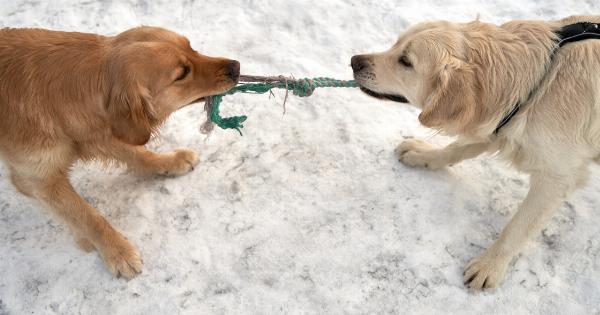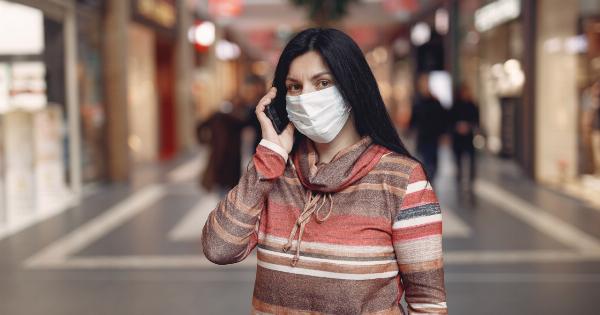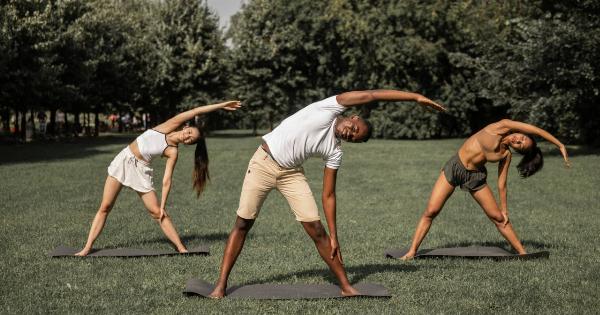Sports activities are a fun and exciting way to stay active and maintain good physical health. However, it is important to remember that participating in sports can also pose certain risks, especially when it comes to dental injuries.
Whether you are engaging in contact sports or recreational activities, taking steps to protect your teeth should be a top priority. In this article, we will discuss the importance of dental protection during sports activities and provide some useful tips to ensure the safety of your teeth.
The Consequences of Dental Injuries
Participating in sports activities without adequate dental protection can result in various dental injuries. Some common dental injuries include:.
- Tooth Fractures: Sports-related accidents can lead to chipped or broken teeth. These injuries can be painful and may require immediate dental attention.
- Tooth Dislocation: Impact to the mouth during sports activities can cause teeth to become dislodged from their sockets. Prompt treatment is necessary to salvage the tooth.
- Tooth Avulsion: Complete tooth avulsion refers to the complete displacement of a tooth from its socket. This is a serious injury that requires immediate dental intervention.
- Lip and Gum Injuries: Sports activities can cause significant trauma to the soft tissues of the mouth, resulting in cuts and lacerations to the lips, gums, and tongue.
- Jaw Fractures: High-impact sports can lead to jaw fractures, which can be painful and require surgical intervention.
These dental injuries can not only have a detrimental impact on your oral health but can also be costly to treat. The good news is that most dental injuries can be prevented or minimized by wearing appropriate protective gear.
Protective Gear for Dental Safety
When engaging in sports activities, it is crucial to wear the right protective gear to safeguard your teeth and mouth. Here are some key dental protection equipment to consider:.
Mouthguards
Mouthguards are an essential piece of protective gear for sports activities. They are designed to absorb impact and protect teeth, lips, gums, and tongue from injury. There are three main types of mouthguards:.
- Stock Mouthguards: These mouthguards come pre-formed and are readily available in most convenience stores. Although they are affordable, they may not provide the best fit and protection.
- Boil-and-Bite Mouthguards: These mouthguards can be customized by placing them in hot water to soften the material and then biting down to create a personalized fit.
- Custom-Fitted Mouthguards: Custom mouthguards are individually designed by a dentist to perfectly fit your teeth and mouth. They offer the most comfort and protection, although they are more expensive than other options.
Regardless of the type you choose, wearing a mouthguard is an excellent way to prevent dental injuries during sports activities. Remember to replace your mouthguard if it becomes worn out or damaged.
Helmets
For sports activities that involve a risk of head impact, such as football or hockey, wearing a helmet is crucial.
Helmets not only protect the head and brain but also provide a certain level of protection for your teeth and jaw by minimizing the force of impact.
Face Shields
Face shields, also known as visors, are particularly useful for sports like ice hockey, baseball, and lacrosse. They provide an extra layer of protection for the face, shielding your teeth and jaw from direct impact.
Caring for Dental Gear
While having protective gear is essential, it is equally important to maintain and care for it properly. Here are some tips for taking care of your dental gear:.
Mouthguard Care
To ensure optimal protection and hygiene, follow these guidelines for mouthguard care:.
- Avoid chewing on your mouthguard, as it can weaken the material and reduce its effectiveness.
- After each use, rinse your mouthguard with cool water and mild soap. Do not use hot water, as it may distort the shape of the mouthguard.
- Store your mouthguard in a sturdy container with ventilation to prevent bacterial growth.
- Regularly inspect your mouthguard for signs of wear and tear, such as cracks or distortion, and replace it if necessary.
Helmet and Face Shield Care
Proper care and maintenance of helmets and face shields can prolong their lifespan and effectiveness. Here are some general care tips:.
- Follow the manufacturer’s instructions for cleaning and maintenance.
- Regularly inspect helmets and face shields for cracks or deterioration and replace them if needed.
- Store your helmet in a cool, dry place away from extreme temperatures.
Emergency Dental Care
Despite taking all the necessary precautions, accidents can still happen during sports activities. Knowing what to do in case of a dental emergency is crucial. Here are some immediate steps to take:.
Tooth Fracture
If you fracture a tooth, follow these steps:.
- Rinse your mouth with warm water to clean it.
- Apply a cold compress to reduce swelling.
- Visit your dentist as soon as possible for evaluation and treatment.
Tooth Dislocation
If a tooth becomes dislodged from its socket, follow these steps:.
- Gently rinse the tooth with water, but do not scrub or remove any attached tissue fragments.
- Try to reposition the tooth back into its socket, holding it in place with a clean cloth or gauze.
- If you cannot reposition the tooth, place it in a container with milk or a saline solution and seek immediate dental attention.
Tooth Avulsion
If a tooth is completely knocked out, time is of the essence. Follow these steps:.
- Handle the tooth by the crown (top) and avoid touching the root.
- Immediately rinse the tooth with milk or a saline solution to clean it. Do not scrub or remove any attached fragments.
- Gently try to reinsert the tooth into the socket if possible. If not, place it in a container with milk or saline and seek immediate dental care.
Conclusion
When it comes to playing sports, protecting your teeth is vital for preventing dental injuries and maintaining oral health.
Investing in appropriate protective gear, such as mouthguards, helmets, and face shields, can significantly reduce the risk of dental trauma. Proper care and maintenance of these dental protection equipment are essential for their longevity and effectiveness. Lastly, knowing how to handle dental emergencies promptly is crucial for successful treatment and recovery.
By prioritizing dental protection during sports activities, you can enjoy the benefits of sports while keeping your teeth safe and healthy.



























